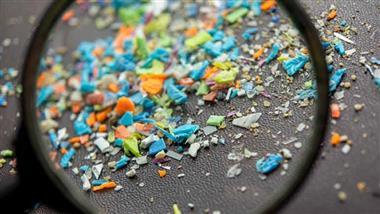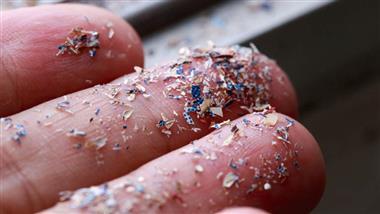
Story at-a-glance
- Discarded plastic — both large and microscopic — circles the globe, choking our oceans and polluting our food supply, ultimately finding their way into your body where they can accumulate over time
- Scientists have detected microplastic in all kinds of human tissues, including the placenta, lungs, spleen, liver, kidney, heart, brain and stool. In 2022, Dutch scientists also confirmed the presence of microplastics in meat and milk, as well as the blood of both farm animals and humans
- Austrian researchers found plastic microparticles migrate into the brains of mice within two hours of drinking water contaminated with microplastic. Once in the brain, these plastic microparticles can increase the risk of inflammation, neurological disorders or neurodegenerative diseases such as Alzheimer’s. Other recent research found it can trigger behavioral changes akin to dementia in as little as three weeks
- Microplastics are toxic to cells. Research shows microplastic particles enter cells within 24 hours of exposure and primarily accumulate around the nucleus of the cell. As levels of microplastics and exposure time increase, cell viability significantly decreases
- Chinese scientists discovered microplastics in the heart tissue of 15 patients undergoing cardiovascular surgery, and some of this plastic appears to be introduced during the surgery itself
We live in a throwaway society. The next time you’re in a grocery store, take a look around you and note the number of items packaged in plastic. The problem is, many of these petroleum-based plastics will last forever. So we have products for short-term consumption packaged in materials that survive for centuries, endangering wildlife and human health alike all the while.
Continue reading “Microplastics May Be Harming Your Body and Brain”




